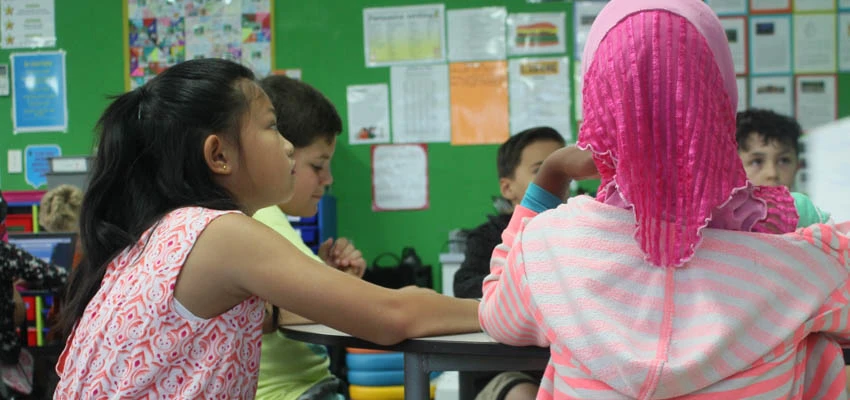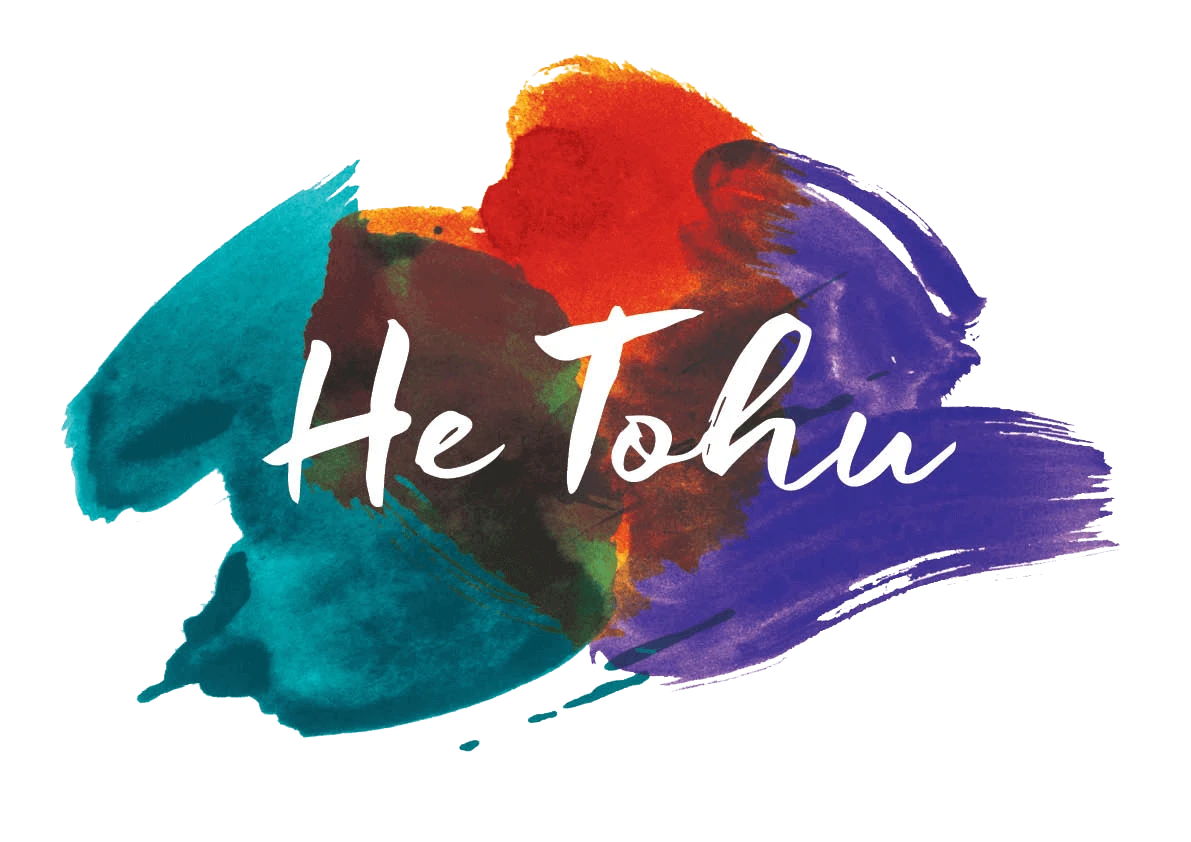Using these resources

All rights reserved
Find out how to use our He Tohu social studies teaching resources.
About the social studies teaching resources
Each resource has teacher background information, a key question ('big idea'), activities for a 5-phase social inquiry process, and supporting activities and resources.
Our resources support young people to explore contemporary issues related to how we live together, organise our society, and navigate social forces in Aotearoa, New Zealand. The inquiry processes invite students to critically engage with these issues and to find ways to play an active role in shaping the well-being of their own communities.
Structure of the resources
The resources are structured around the social inquiry model most New Zealand teachers are familiar with.
Each resource begins with a key question (or 'big idea')
For example, the gender equality social inquiry resources explore the key question:
'Why does gender inequality exist in Aotearoa, and what can we do to change this?'
The social inquiry sits within this question, exploring one component of it in depth.
Understanding the context — background information for teachers
Each resource starts with background information that supports teachers to understand the broader context of the social inquiry and the issues the students will be exploring.
Understanding the context — the gender pay gap gives an example of this information for the gender equality social inquiry resource.
Exploring social issues through 5 phases of inquiry
The heart of every social inquiry is a social issue. Social issues are issues significant to human society that combine some or all of these factors:
a core problem or combination of problems that impacts on people’s lives
an ethical dimension that invites students to explore values and perspectives
a need for solutions that have real-world applications.
When students engage emotionally with social issues and are willing to grapple with their complexity, they are on the path to becoming the 'critical, active, informed, and responsible citizens' that 'The New Zealand Curriculum' envisions.
Each resource has a page with suggested activities that take you through 5 phases of the social inquiry process:
establishing the focus for learning
finding out information
exploring values and perspectives
considering responses
taking action.
Explore gender equality with your class gives an example for the gender equality social inquiry resource.
Supporting activities and resources
Each resource places a particular emphasis on one component of the social inquiry process, with additional teacher materials that focus on the 'how' and 'why' of the component rather than just suggesting ways for students to engage with it.
Exploring perspectives — teacher support gives an example for the gender equality resource.
Each social inquiry resource has a suite of other supporting activities and resources for teachers including:
visual text resources — examples of visual texts that can be used with social inquiry
change-makers — people or groups who are working to make Aotearoa a better place
a cross-curricular activity — to encourage an integrated approach to learning
definitions of key terms — sample definitions of concepts used in the resources
more resources — other online material you can explore with your class.
Learn more about the social inquiry process
Approaches to social inquiry — more information from TKI (Te Kete Ipurangi) about ways that students can explore, connect, and revise key concepts.
What is a social inquiry — further information on the social inquiry model by Bronwyn Wood.
Teaching social studies for critical, active citizenship in Aotearoa New Zealand — edited by Michael Harcourt, Andrea Milligan and Bronwyn Woodmore. This book has more about teaching for active citizenship.
What is an essential question? — more about essential questions or big ideas.
Supporting inquiry learning — discover the benefits of inquiry learning and learn effective approaches to use in your school.
